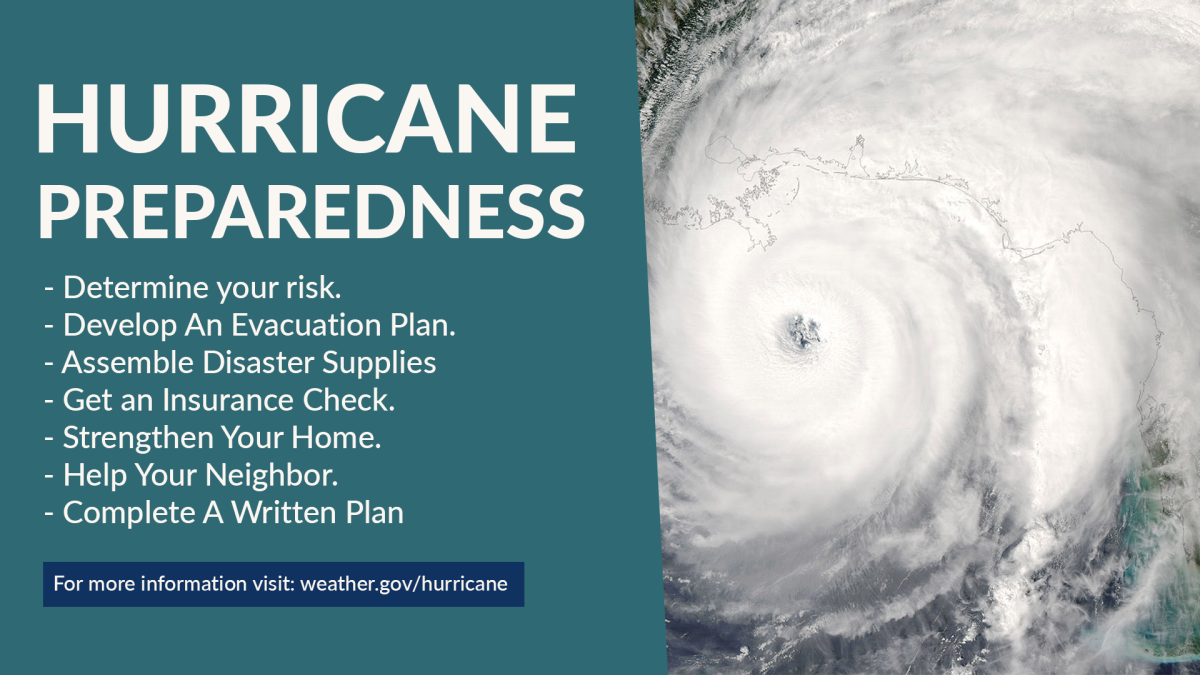Hurricane and Flood Resources

Now is the Time to Prepare for the Next Hurricane
As Hurricane Ian approaches South Carolina, it is important for residents of our coastal state to prepare. South Carolinians should put time and effort into developing a plan because your safety and security is of the highest importance.
Keep these resources in mind when planning for the hurricane. I urge all to take precautions and seek additional information and resources so that you and your family will be safe if this storm hits our state. Please let us know if our office can help.
Assistance Programs:
Resources:
Hurricane Guide for Individuals
Information on Potential Scams
Returning to Affected Homes or Businesses
South Carolina Emergency Management Division
Ready Hurricane Preparedness Information
South Carolina Sheltering Information for Disasters
This year preparing for Hurricanes may be different, check with the Centers for Disease Control (CDC) for additional information.
County Government Resources:
- Aiken County Office of Emergency Management: 803-642-1623
- Barnwell County Emergency Management Agency: 803-541-1001
- Lexington County Emergency Preparedness Division: 803-785-8359
- Orangeburg County Office of Emergency Services: 803-533-6265
- Richland County Emergency Services: 803-576-3400
Prepare for Hurricane Ian in South Carolina
REMEMBER THESE T.I.P.S.
1. Terms: A "watch" is a notification for residents to be on alert of a potential storm, and a "warning" indicates that a hurricane is expected in your area. Review the South Carolina Hurricane Guide for more information.
2. Insurance and important information: Review your insurance plans and have copies of important documents, such as driver's licenses, medical information, and insurance cards.
3. Plan ahead: Create a family plan in the event that an evacuation is necessary and keep emergency contact information handy. Don't forget to consider your pets when planning for a possible evacuation. Check with the Centers for Disease Control (CDC) to update emergency plans due to coronavirus.
4. Supplies: Plan ahead by creating emergency kits filled with survival necessities such as bottled water, non-perishable snacks, medication, batteries, blankets, crank radios, personal hygiene items, and flashlights.
DURING THE STORM
1. Listen: Listen to local radio and television broadcasts for current conditions and recommended actions. You can also sign up to receive emergency alerts on your mobile device.
2. Evacuate: When directed by local authorities, you may be required to evacuate. Know your designated evacuation route in advance.
3. Shelter: If you are unable to evacuate, seek shelter in an interior room, closet, or hallway on the lowest level.
AFTER THE STORM
1. Be aware of dangers: Be cautious of potential dangers, such as downed power lines, contaminated water, or possible gas leaks.
2. Document damage: If possible, take photos of the damage on your property or residence, in addition to making written notes.
3. Seek assistance: Contact the South Carolina Emergency Management Division at (803) 737-8500 to see what relief or recovery programs may be available for your area.
4. Be cautious of scams: Be alert to possible disaster-related scams such as fraudulent phone calls or price gouging. Do not give any personal information, including credit card and bank account information, to unverified callers.
Build a Disaster Supply Kit
- Water (one gallon per person, per day, for several days, for drinking and sanitation)
- Food (at least a several day supply of non-perishable food)
- Dust mask (to help filter contaminated air)
- Plastic sheeting and duct tape (to shelter in place)
- Prescription medication
- Moist towelettes, garbage bags and plastic ties (for personal sanitation)
- First aid kit
- Wrench or pliers (to turn off utilities)
- Battery-powered or hand cranked radio and a NOAA Weather Radio with tone alert
- Manual can opener (for food)
- Flashlight and extra batteries
- Local maps
- Whistle (to signal for help)
- Cell phone with chargers and a backup battery
For more information visit ready.gov/kit
For more information about hurricane preparedness, please contact the Aiken/Barnwell office, Midlands office, or our Washington, D.C. office.
